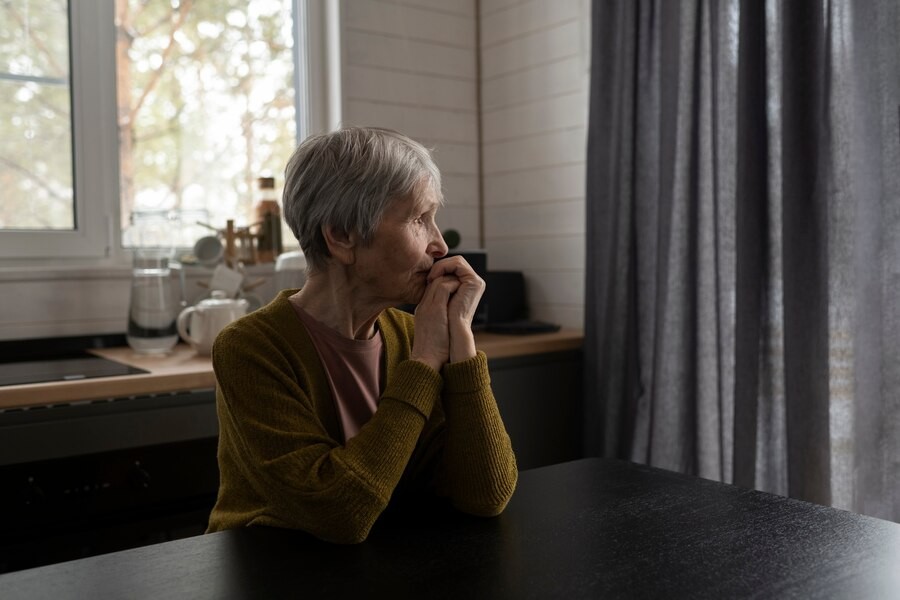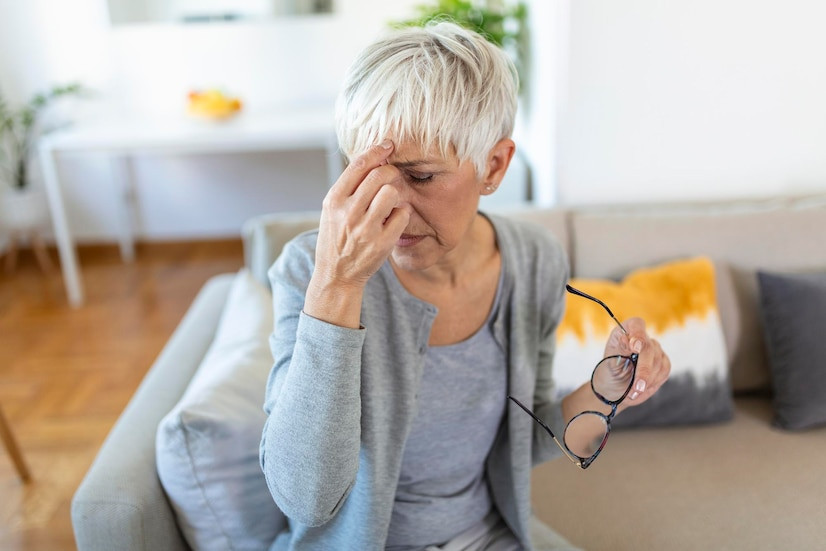Dementia is a condition characterized by a decline in cognitive function, which is most commonly seen in older adults. The early signs of dementia usually include memory loss, trouble speaking, and frequent confusion.
A recent study suggests that people in their pre-elderly years who experience excessive daytime sleepiness and have trouble completing daily tasks may be showing early symptoms of dementia.
The Associations Between Excessive Sleep and Dementia
According to research, older adults who experience excessive sleepiness during the day and lack motivation to stay active are up to three times more likely to develop cognitive motor syndrome.
Cognitive motor syndrome refers to a range of conditions that impact both cognitive and motor functions. These disorders can increase the likelihood of developing dementia.
As reported by Medical News Today, individuals with vascular dementia—an ailment that disrupts blood flow to the brain—often experience excessive sleep or daytime drowsiness. Vascular dementia can alter sleep patterns, leading to increased sleepiness.
Further studies reveal that feeling drowsy or excessively sleepy during the day can be an early warning sign of dementia. Research indicates that men who frequently feel overly tired during the day may develop dementia in the long term, with this symptom potentially serving as a predictor of dementia up to 10 years in advance. However, it's important to note that not everyone who experiences daytime fatigue will develop dementia.
Why Do People with Dementia Feel Sleepy or Sleep Too Much?
Several factors contribute to why individuals with dementia often feel unusually tired or sleep excessively, including:
-
Changes in brain function: Dementia leads to alterations in brain activity that can directly impact sleep, mood, and other bodily functions.
-
Depression: Depression is common in people with dementia and can lead to constant tiredness and irregular sleep patterns.
-
Medications: Certain medications prescribed to those with dementia can cause side effects such as fatigue or drowsiness.
-
Brain aging: Research has found that excessive daytime sleepiness in those without dementia is linked to the thinning of the brain’s cortex, signaling accelerated brain aging.
Tips for Managing Excessive Sleep or Sleepiness in People with Dementia
Currently, there is no specific medication to treat excessive daytime sleep in people with dementia. However, several strategies can help manage daytime sleepiness:
-
Modify daily routine: If daytime sleepiness is due to poor nighttime sleep, improving sleep quality at night can help. Reduce caffeine intake before bedtime, create a calming sleep environment, and make sure the bedroom is quiet and comfortable to encourage a more restful night’s sleep.
-
Increase daytime activity: Engaging in more physical activity during the day and getting exposure to natural light can help regulate sleep patterns. Spending time outdoors can help reduce daytime drowsiness and keep the body feeling more alert.
-
Melatonin: If lifestyle adjustments are not effective, melatonin supplements may help, but always consult with a doctor first.
-
Medication: Doctors may prescribe medications, such as antidepressants, to help manage sleepiness and improve sleep quality.
-
Adjust medication: If daytime sleepiness is a side effect of current medications, it's essential to consult a doctor to discuss potential dosage adjustments or changes in medication.
While excessive daytime sleepiness can be a sign of dementia, not everyone who experiences this will go on to develop the condition. If you have concerns about dementia or its early symptoms, consulting a healthcare professional can provide clarity. You can also use the consultation feature on the Ai Care app, available for download on the App Store or Play Store.
Want to learn more about other diseases or health concerns? Click here!
- dr Hanifa Rahma
Rapaport, L. (2024). Daytime Sleepiness Could Be an Early Warning Sign of Dementia. Available from: https://www.everydayhealth.com/neurological-disorders/daytime-sleepiness-could-be-early-warning-sign-of-dementia/
Alzheimer’s Society. AdviceIs it typical for people with dementia to sleep a lot during the day?. Available from: https://www.alzheimers.org.uk/blog/is-it-typical-people-dementia-sleep-lot-during-day
Mayo Clinic. Alzheimer's: Managing sleep problems. https://www.mayoclinic.org/healthy-lifestyle/caregivers/in-depth/alzheimers/art-20047832
West, M. (2023). Vascular dementia and excessive sleeping. Available from: https://www.medicalnewstoday.com/articles/vascular-dementia-and-excessive-sleeping
Smith-Garcia, D. (2023). Understanding Later Stage Vascular Dementia and Excessive Sleepiness. Available from: https://www.healthline.com/health/healthy-sleep/vascular-dementia-and-excessive-sleeping












